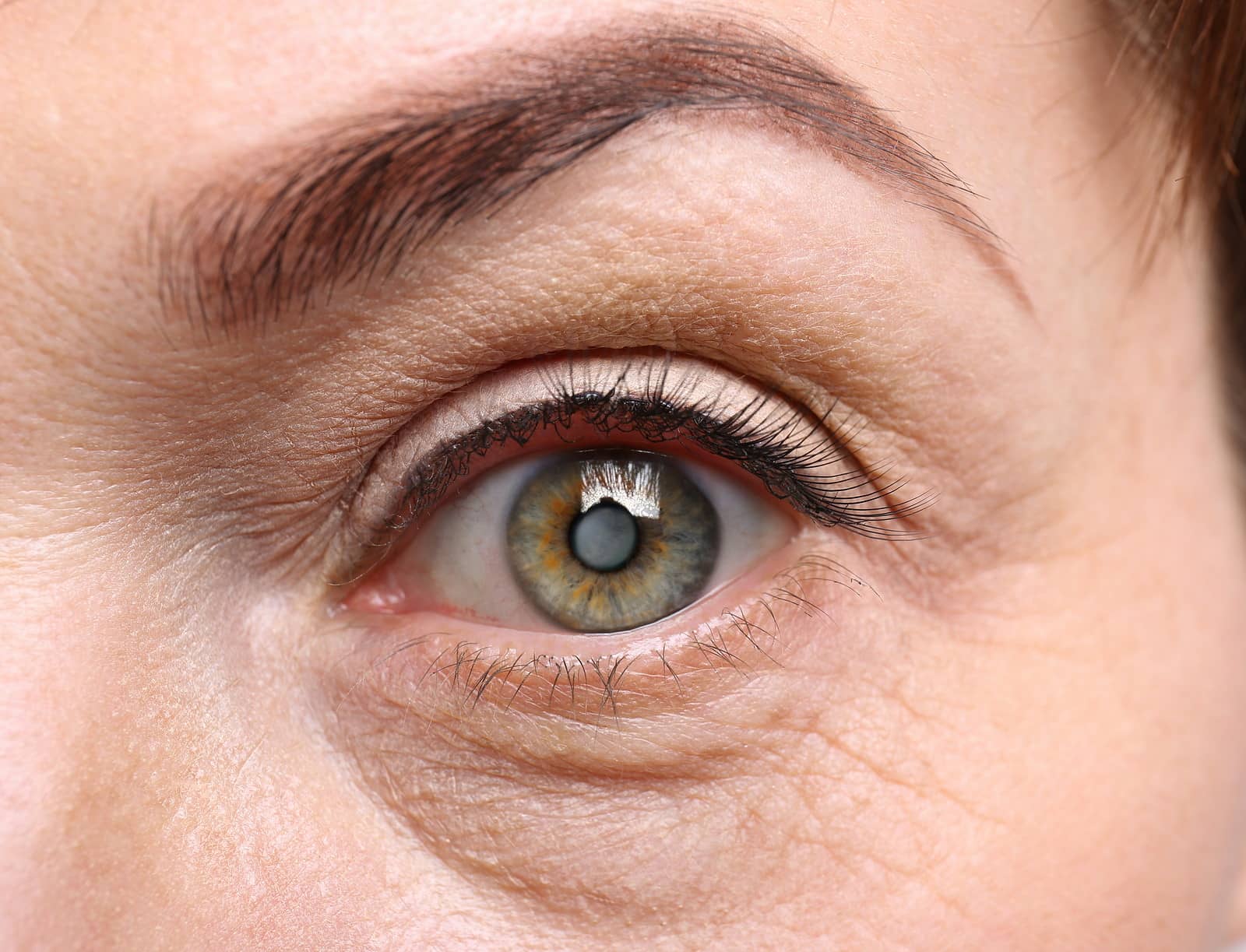If you do not exercise, wait for these events
Not exercising has serious consequences for the human body and soul, so people who do not exercise at all should expect very serious dangers!
Serious effects of not exercising for body and soul
We all know the therapeutic benefits of regular exercise and exercise, which help maintain a healthy body shape and function. It is recommended that every healthy person exercise regularly for 45-50 minutes of moderate-intensity. Some lifestyle habits such as smoking, overeating, and eating harmful foods can harm health, and inactivity can exacerbate the problem.
Regular exercise delays aging, but a sedentary lifestyle can increase the risk of premature death and cause more deaths than smoking or diabetes worldwide.
The heart becomes weaker
Exercise keeps the heart pumping and active. Aerobic and cardio exercises, if done regularly, are associated with better heart rate and reduced risk of heart disease. But if you do not exercise for a long time or do not do any physical activity, your heart function will weaken, and it will affect your daily activities. In this case, you will suffer from heart rhythm and shortness of breath, and in addition to poor eating habits, you will be vulnerable to increased heart problems and cholesterol levels.

Muscles become weak
One of the most important roles of exercise is to maintain the proper shape of muscle cells and strengthen them. When you do not exercise or do not exercise, not only does it undo all the previous improvements, but it can also reduce your muscle strength and make you feel much weaker. In other words, the muscles become weak, and then a large part of the muscle. You lose those needed for breathing and those that facilitate movement.
Even simple weightlifting can be difficult, and muscle function may not be as energetic or helpful as it used to be. Weak muscles can make your daily tasks and activities difficult.
You will not sleep comfortably
Exercise is directly related to good sleep quality, and if you do not sleep well and do not exercise, you put yourself at risk for disease. When you exercise or go to bed tired after a quick run, you probably enjoy sleeping and waking up with energy, so exercise relieves stress and stimulates sleep.
It should be noted that poor quality and fewer hours of sleep per day are associated with several metabolic and hormonal problems, including the risk of diabetes, weight gain, and poor mental health.
You lose your stamina
Exercise increases endurance, but when you do not exercise, you are at risk for disease, and you lose weight in a very short time. Remember, endurance is a key measure of your age and fitness.
Blood sugar levels are disturbed
Type 2 diabetes is a risk factor, and unfortunately, it is very common in our country. It is a metabolic disorder characterized by many symptoms, and one of the changes that can impair blood sugar function is inactivity.
Because exercise plays an important role in determining how the body processes carbohydrates, not exercising can speed up to high blood sugar, increase inflammation levels, and predispose you to obesity.

Affects brain function
The brain is like a muscle that can be strengthened with exercise to work better, but it weakens with age, and your memory begins to weaken. Research has shown that people between the ages of 45 and 49 show evidence of cognitive decline. Symptoms of memory loss can start in your 20s or 30s, and exercise protects against memory loss and dementia.
Affects mental health
Exercise is important in maintaining mental health, and physical inactivity increases adolescents’ risk of depression and anxiety. One study found that people who exercised were 43.2 percent less likely to develop mental illness than adults who did not exercise regularly. Just one hour of exercise a week can significantly reduce the risk of depression and depressive symptoms.
Lack of stress management can lead to various illnesses, from headaches to high blood pressure, but fortunately, exercise can help overcome the negative effects of stress.
Increases the risk of cancer
Not exercising is associated with an increased risk of cancer. Still, regular exercise has many beneficial effects on the body, including lowering sex hormone levels (increasing breast and colon cancer), reducing inflammation, increasing metabolism, and preventing obesity. Worldwide, 1 in 4 adults is physically immobile and at risk for cancer.
The bones become weak
In addition to drinking milk, physical activity can help maintain healthy bones and increase bone mineral density. Exercise is important for bone health, especially in people over 20, when bone loss is common.
Exercise and resistance training at any age can increase bone mass. To prevent osteoporosis against osteoarthritis, strength exercises such as jumping, aerobics, weightlifting, running, and tennis are recommended. Practicing tai chi may also help maintain balance and reduce the risk of falling.
This leads to premature death
Exercise can be tiring, and you can not lose weight, but it will increase your life expectancy. When you do not exercise, you increase the risk of getting sick. This can lead to premature death. Inactivity increases the risk of death by 9% worldwide, and with a 10 to 25% reduction in inactivity, about 1 to 3 million fewer deaths occur annually.
This leads to unhealthy eating habits
Exercise, regardless of age, can help you choose healthy food options. Aerobic exercise, such as running or cycling, affects areas of the brain. Studies have shown that when this area is stimulated, it reduces a person’s ability to choose high-calorie foods.

Increases cholesterol levels
Cholesterol is important in building healthy cells. Good HDL cholesterol helps your body clear bad cholesterol from the blood. Bad cholesterol over time increases the deposition of fat in the blood vessels and is a major cause of heart disease, stroke, and chest pain.
Disrupts the immune system
Any physical activity, from walking to weightlifting, can help your immune system fight infection. Exercise for less than an hour effectively strengthens the white blood cells involved in the body’s defenses. Exercise may also help kill lung bacteria, which reduces the risk of developing respiratory illnesses such as the flu.
It causes weight gain
Weight loss will be followed by fatigue and constant tiredness. Aging is one of the biggest factors affecting the basal metabolic rate, and this trend is decreasing year by year. A sedentary lifestyle also increases belly fat in both men and women.


